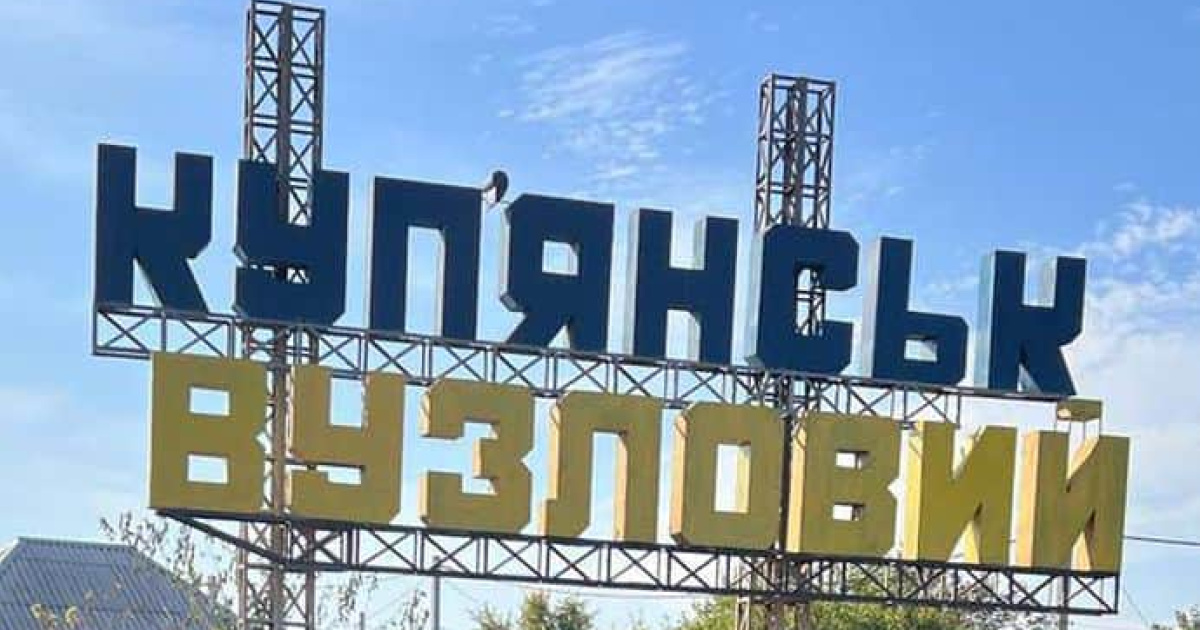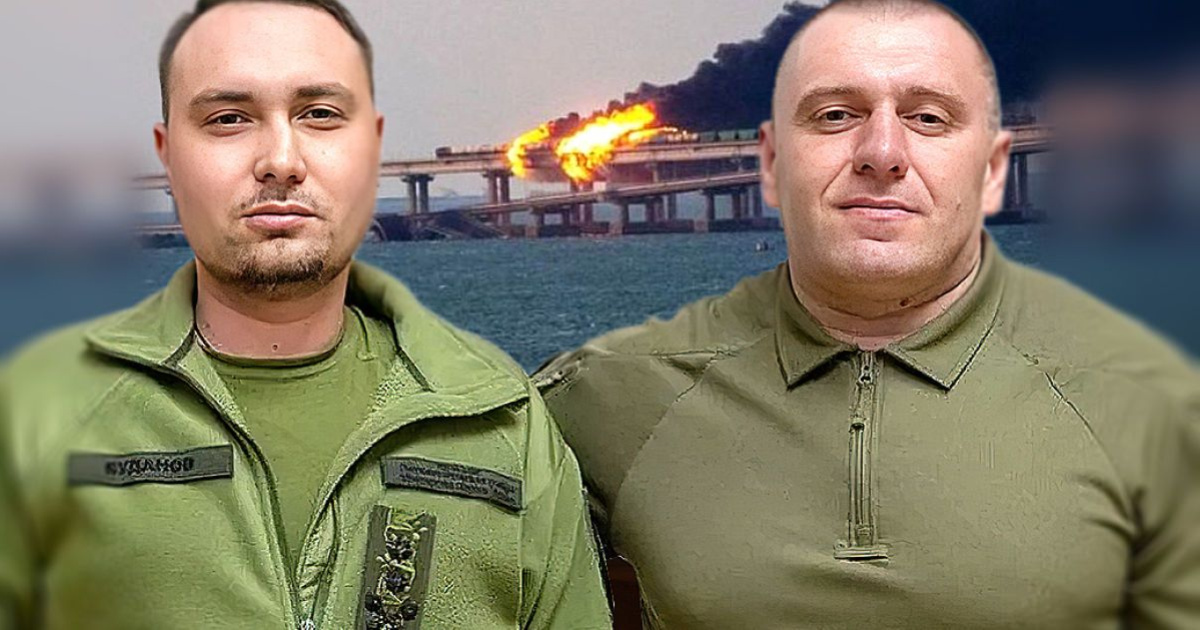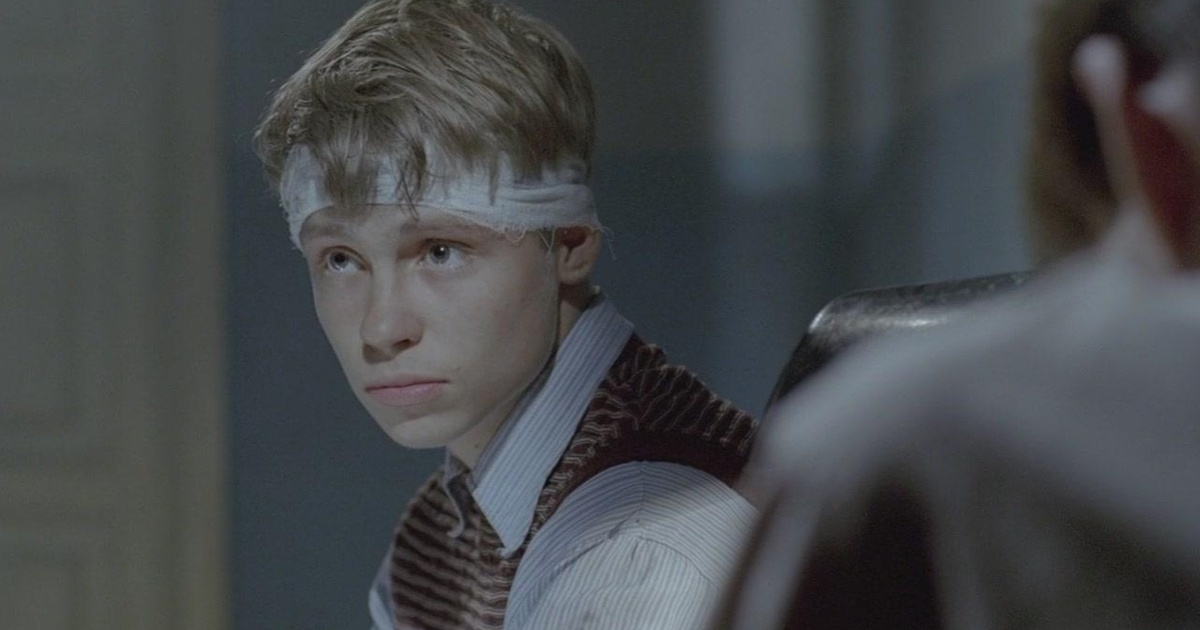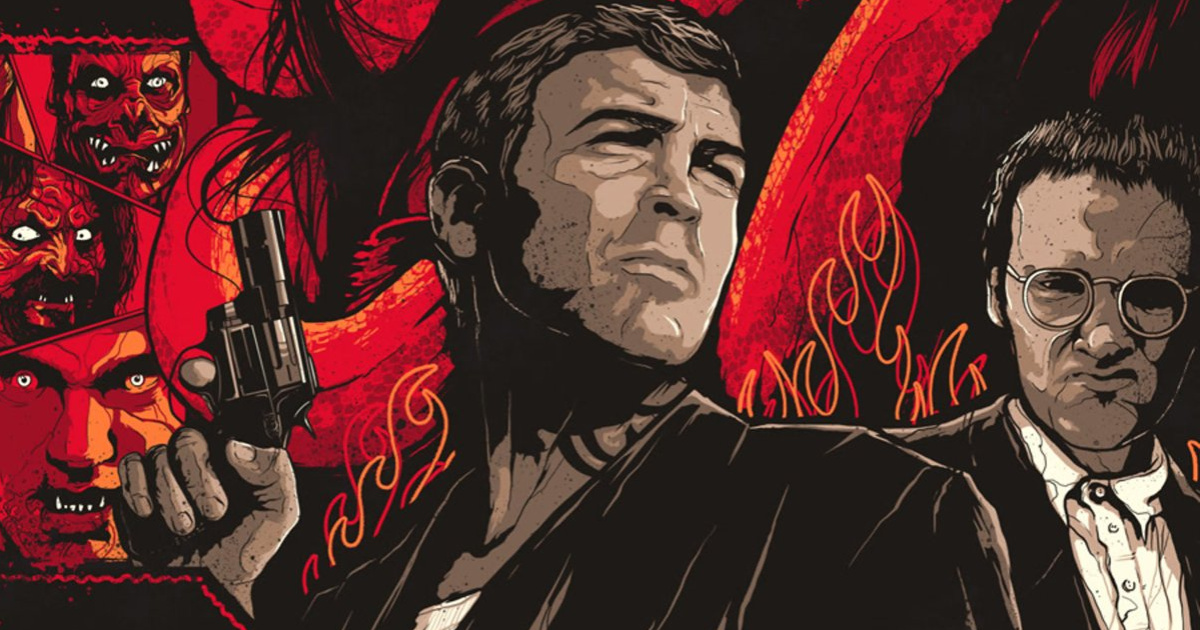
Have you seen Quentin Tarantino’s movie From Dusk till Dawn? There, in a roadside bar, at some point — as if someone snapped their fingers or flipped a switch — everything suddenly turns out to be not what it seemed. Something like that — through the eyes of a journalist from OstroV — looks like the rehabilitation of people who were brought back to Ukraine after russian captivity.
The author of the article (not as a journalist this time, but as a close family member) visited one of the rehabilitation centers where Ukrainian defenders recover after captivity. The impressions are surreal. Even if you’re there simply as a loved one — the journalist inside you keeps switching on, recording every detail.
OstroV spoke with people undergoing rehabilitation in other centers and compiled the information.
For ethical and security reasons of those who went through captivity, we omit the names of rehabilitation centers, settlements, and regions where they are located. We also apologize for a certain degree of subjectivity.
The first facet — the official one
...In general, it is a rehabilitation center, although de jure — it’s a military unit.
There are century-old trees here and, overall, beautiful landscaping that follows the natural terrain. There are convenient electric carts for people with amputations and for those who find it hard to walk, a squirrel on a large sycamore tree, and professional staff.
Clients (or patients, or what should we call them?) — are those who returned from captivity and the freshly wounded.
There’s fresh air here — after the confinement of cells or barracks. Birds, cats, and kind dogs, exercise machines, a swimming pool, swings, roses in flowerbeds. Well-planned buildings, well-chosen and well-laid-out grounds. And all of it seamlessly fits into the infrastructure of a cozy neighborhood.
There’s a good menu and a comfortable schedule. And silence.
Highly qualified staff. You can discuss your pain in the mind with psychologists, and show your pain in the body to experienced doctors.
For the clients (or patients? or soldiers in treatment?), they periodically organize fishing trips and barbecues — of course, without alcohol and other stuff...
The guys stick together, just like they did during service — by branch, by brigade, and even by the places of imprisonment. Apparently, it feels more reliable, easier, to be with “their own”.
MPs of all levels come here and take joint photos.
And you can leave the territory if you need to visit a post offece, a lawyer, or run some errands.
A coffee machine in the hallway, and a water cooler right there… We are going to a ward (a room, or a suite?). He still automatically calls his roommate from this ward/room his cellmate.
And here, along the hallway, there are shelves with photos of the missing — so that someone might recognize a familiar face… And suddenly you remember that someone is still THERE, and suddenly you switch into the second facet.
It also switches on when listening to the anonymous testimony of an OstroV source:
“In one of the hospital wards — there are several guys with darker skin who look like actors from a Mexican telenovela. They speak exclusively Spanish. They don’t know English (let alone Ukrainian) at all — or pretend not to... They’re volunteers from one of the Latin American countries. When one of the officers greeted them in Spanish, they smiled in response but started avoiding him altogether. Apparently, they talk about things not meant for outsiders... The Latin Americans can go out into the city for almost a whole day, and they return cheerful and tired, because they have money — and there’s no shortage of girls interested in these machos. But none of the doctors reprimand them, which really annoys our guys, who are sometimes kept on a leash like dogs. ...They seem like decent enough guys, but when someone addressed them in Spanish, they gave a standard reply and clearly didn’t want to continue the conversation”.
The second facet — the hidden one
Another quote from an OstroV source:
“In the ward next to the Latinos there’s the hospital’s most notorious drunkard. The man’s over fifty, he was exchanged a month ago, but hasn’t renewed a single document yet. Because he physically can’t do it — he’s always out of it. His ‘escort’ practically drags him by the hand through the offices to restore at least some documents. The doctors give him a ‘final warning’ every day, but he keeps drinking. The most interesting part is that he even found himself a partner (!) around the same age... She visits him every day, cleans the ward, helps him bathe. What can you do, maybe it’s love. Or maybe she just has been single for a long time... Even the young guys envy the old man”.
All patients (or clients) are men. Not a single woman among them. Women are only part of the staff, or among those potential brides like the one mentioned above.
Beyond the territory, which is mostly cordoned off with red-and-white tape rather than a fence, they’re either freely allowed out for a few afternoon hours, or — if for a longer period — by a special pass. They stand or sit in wheelchairs in queues outside the offices to get this pass.
There’s a food establishment with a license to sell alcohol right next to the rehabilitation center. Hard to say whether it’s a pizzeria, restaurant, or café, but it honestly looks like a Tarantino movie set. The patients are the only clients. And the staff is comprised of beautiful young women. They’re not being harassed — this story isn’t about that.
…The older men reminisce about captivity over a shot of liquor. At another table, a young sober guy — looks about nineteen — with an amputated arm (it seems even his shoulder blade was amputated) says loudly: “I didn’t take POWs. I threw them to the ground and slit their throats with a knife”. The older men — those who spent three years in captivity — fall silent and change the subject.
During those few hours listed on their passes, some want to walk around the city and shop, some — to be with their parents, wife, girlfriend, or child, for whom they rent apartments, some — to have a drink (at the very least). Some manage, some don’t, but they’re all over the city, Tarantino would have a field day… They ask for tramadol at pharmacies and get into bar fights. And they sing Tsoi and Shnurov (in the best case!) at the top of their lungs because they don’t know that over the last three years, the attitude toward Tsoi and especially Shnurov in Ukraine has changed.
The overwhelming majority use what is commonly referred to as “substances”. Classic alcohol and cannabis are the most harmless and safest of them. There are also some kinds of salts — apparently, they even smoke them (this is all new to the article’s author, though she was born in the 1970s) — and there’s the aforementioned tramadol, and some pills whose names she can’t even pronounce… The local semi-criminal business thrives on all this. And there’s prostitution. You feel it all especially sharply after dusk, if we’re continuing the Tarantino parallel.
There are also those who categorically do not use anything. They are an absolute minority, but they are always sane and in an adequate state of mind; they are usually more or less in physical shape, and they deeply despise those who do use. And that too is a risk factor.
But let’s return to those who do use.
…One wants to jump out the window. His “cellmates” stop him, hand him over to the doctors, and they realize he’s on drugs. They transfer him, so to speak, to another floor.
Another listens to music on a speaker along with the entire neighborhood (again, Tsoi and Shnurov). He listens so loud that they forcibly take the speaker away from him, giving him an injection — like in movies — right into the back of the neck.
A third one got into a fight. And while he’s being quietly escorted back to the territory, he can’t tell whether the red on his clothes is blood or tomato juice from a Bloody Mary. One of the reasons for the fight: among those returned from captivity, there are many russian-speaking ones. And when someone tipsy in a bar asks them, “Why are you speaking in russian?” they reply, roughly: “Because the translator in my head doesn’t work well! However, it was okay for me to speak russian when I fought and was captured, huh?!” — “So you’re a separatist from Luhansk?”. Then comes the fight, and then the blood...
And sometimes this happens... A man arranges to meet in the evening, after 9 p.m. (while it’s still light outside), with his brother-in-arms from the neighboring building on a bench, and goes there with a cup of tea. This time — actual tea, no “substances”. You need a break from them too. The bench is empty... He realizes his brother-in-arms wasn’t let out. Goes to his building with the cup of tea, now getting cold. The sensor doors don’t react to him. He knocks... A man of draft age (in modern terminology, a draft dodger) comes out, chewing his dinner.
“What’s your name, what do you want?! I’ll call the MSP (military law enforcement service — OstroV) right now!” — that’s how he impolitely addresses a strong man exhausted by war and captivity (without any gender stereotypes).
“You’re an asshole”, - replies the man with the cup of tea and walks back to his building.
“They scold and ‘treat’ me like a kid”, - says the man after more than three years in captivity. A man who raised his children long ago, whose beard started growing more than thirty years back.
This man (like all of them) is in prison again — though a different one. Yes, it’s not russian captivity. But it’s still a prison. And within him, the feeling of dependence on the system continues to grow.
And that is terrifying.
Questions and answers
In the process of preparing this article, several questions arose.
1. Is it right to house people together in compact groups during their rehabilitation after captivity?
2. Should we publicly talk about these two facets of life for former prisoners?
Olena Pankratova, crisis psychologist, Gestalt therapist, specialist in body-oriented therapy:
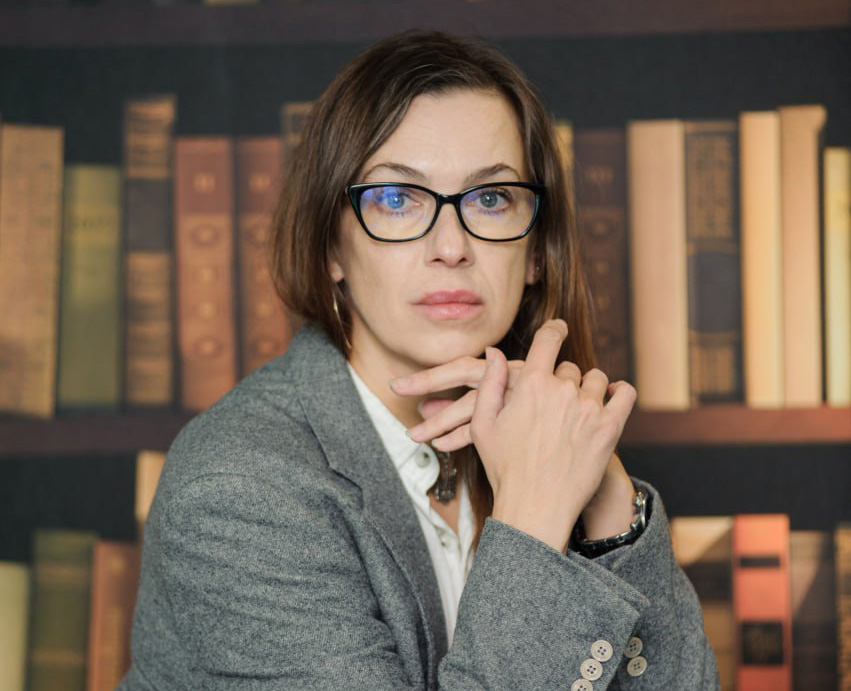
Olena Pankratova
1. It’s not about whether it’s right or wrong — it’s simply the only possible option. People who have been returned from captivity do indeed need to be housed compactly during their rehabilitation period. First, they need medical treatment — after all, even in civilian life, patients receiving care stay in one place. Second, compact housing is necessary for safety reasons.
2. This is a very sensitive issue. And of course, there will be many different opinions about it. People after captivity need comprehensive social and psychological rehabilitation and a tolerant, humane attitude.
Volodymyr Chertushkin, Territorial Defense of Mariupol, spent over three years in captivity:
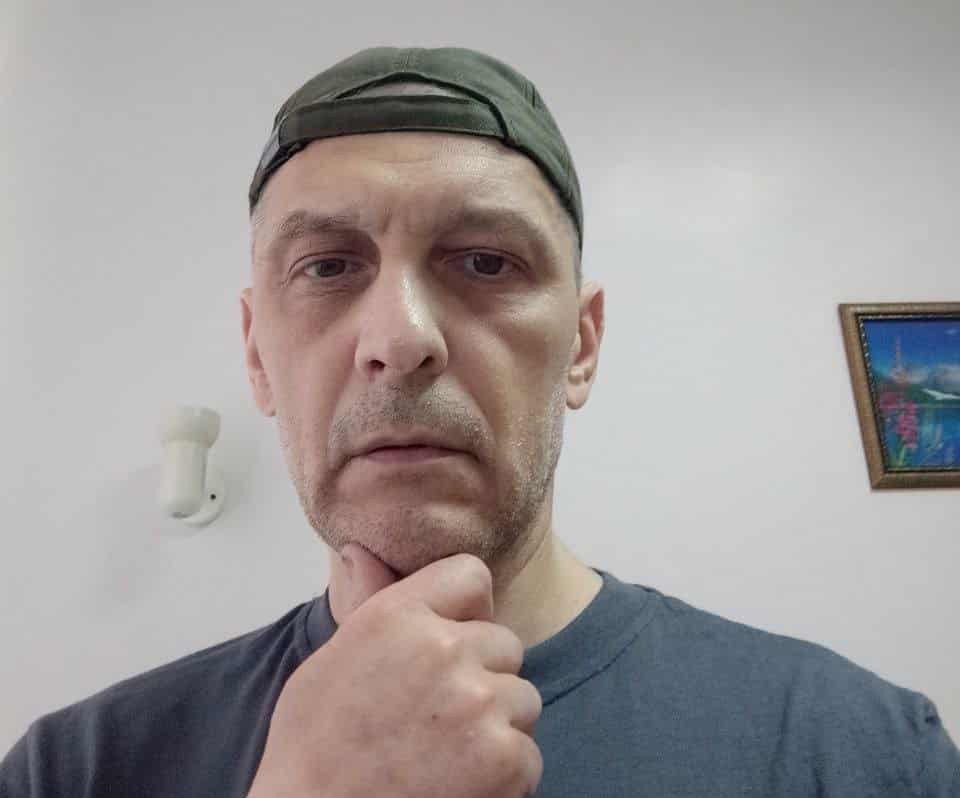
Volodymyr Chertushkin
1. Yes, I believe it’s the right thing to do. It’s impossible to rehabilitate among people who haven’t gone through the same experience. The path to recovery must begin alongside those who were “there” with you.
2. Of course, in our time, it’s “nice” to cast a shadow on the army. Nevertheless, we must speak honestly about the problems faced by those who went through such a purgatory. Because society must treat us with tolerance, greater compassion, and understanding. Personally, I wouldn’t wish anyone to experience what I have. It’s completely different from the life of an ordinary “inmate” — a prisoner, not a captive.
By Yuliia Sabaieva, OstroV

